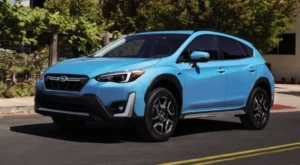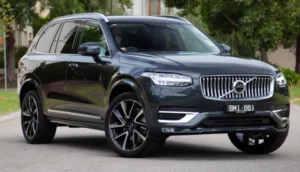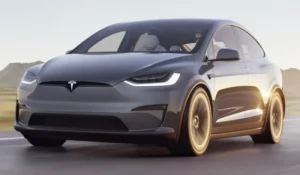Avoid These 5 Electric SUV Buying Mistakes. An electric SUV could make a cleaner future more enjoyable. It is critical to treat the purchasing process seriously and avoid making repeated mistakes. Understanding and avoiding these eight pitfalls will assist prospective buyers in selecting an electric SUV that fulfills their needs and optimizes its benefits.
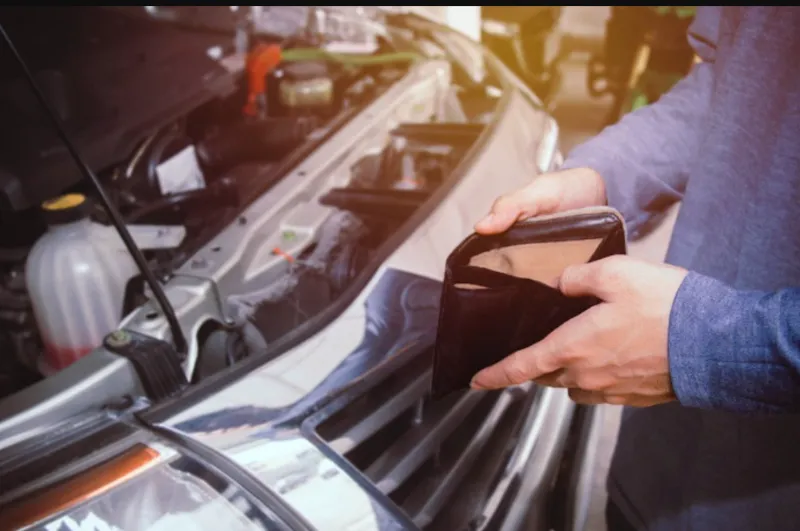
Failure to Test-Drive
Testing-driving an electric SUV is critical and should not be overlooked for a variety of reasons. Take a test drive to get a sense of the electric SUV’s driving characteristics. Driving an electric vehicle is not like driving a traditional gasoline-powered vehicle. Because of their electric motors, they have smooth acceleration and instantaneous torque.
Taking a test drive can help you understand how the automobile handles, accelerates, and responds to your inputs. You can use this to determine whether the electric SUV meets your performance and driving preferences. You can examine the electric SUV’s ergonomics and comfort by taking it for a test drive. Interior designs and features of electric SUVs are frequently different from those of gasoline-powered counterparts. By getting into the driver’s seat, you may evaluate the vehicle’s seating arrangement, visibility, and overall comfort.
You can also determine whether the infotainment system and controls are easy to use and intuitive. These factors have an impact on your entire driving experience and enjoyment with the electric SUV. A test drive also allows you to evaluate the electric SUV’s efficiency and range. Despite the manufacturers’ range estimates, actual driving circumstances can vary.
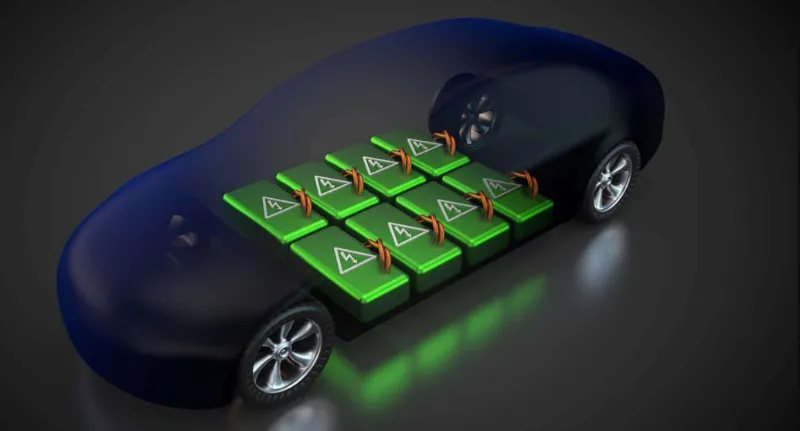
Neglecting Battery Warranty
When it comes to the cost of an electric vehicle (EV), the battery is a crucial consideration. Failure to honor the battery’s warranty may result in future financial stress and uncertainty. To generate the necessary power for propulsion, electric SUVs require high-capacity battery packs. These battery packs are made up of many independent cells that work together to power the vehicle. However, a deterioration in the performance and capacity of these cells over time may have a negative impact on the EV’s range and efficiency.
Electric vehicle (EV) owners require the assurance and peace of mind that a good battery guarantee provides. For example, if a Tesla Model Y fails to meet preset performance criteria within the time limit stated, you can contact a Tesla Model Y Lemon Law Attorney to compel the manufacturer to repair or replace it at no cost to the consumer. When evaluating the battery warranty, there are a few main factors to consider.
The term of the guarantee should be one of your initial concerns. The warranty period should ideally be equal to or greater than the vehicle’s expected useful life. Electric vehicle batteries normally have a manufacturer guarantee of eight to ten years, with some companies offering even longer coverage.
It is just as crucial to look at the warranty length as it is to see what kind of mileage limits are in place. Some warranties contain a mileage limit; if you surpass that amount during the warranty period, you may no longer be covered. If you expect to put a lot of miles on your electric SUV, it is critical that you fully understand these limits.
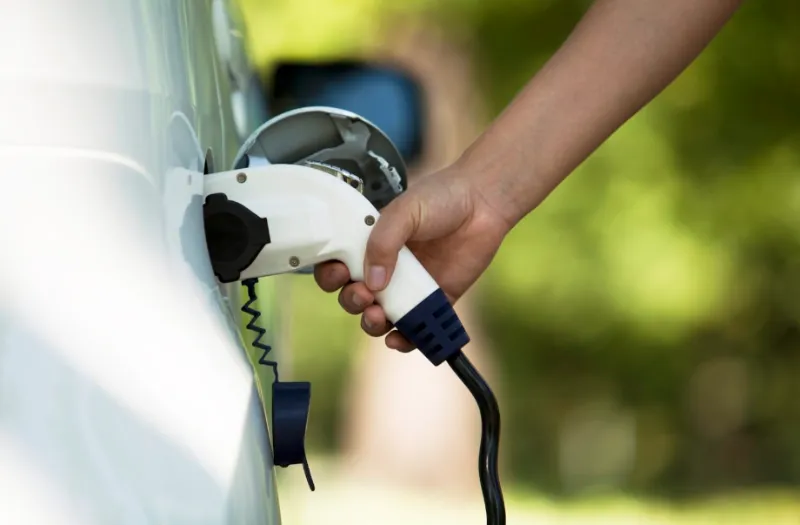
Neglecting Range Anxiety
Many buyers are concerned about the range of their electric automobiles. It’s the fear of not being able to reach a charging station before your battery expires. Avoid this by researching the many electric SUV kinds and selecting one with a range that meets your needs. Consider that, thanks to advancements in battery technology, newer models often have longer battery lives.
An electric SUV’s range is the maximum distance it can drive before needing to be recharged. Purchasing a vehicle with insufficient range, a common misperception among potential consumers, is a major source of irritation and dissatisfaction for automobile owners. First and foremost, consider your driving requirements. Consider the distances you frequently drive, both short and long, as well as your daily commute. Consider the effects of traffic, topography, and weather on the range of your electric SUV. If you frequently travel long distances or live in an area with limited charging sources, you should consider a longer-range electric SUV.
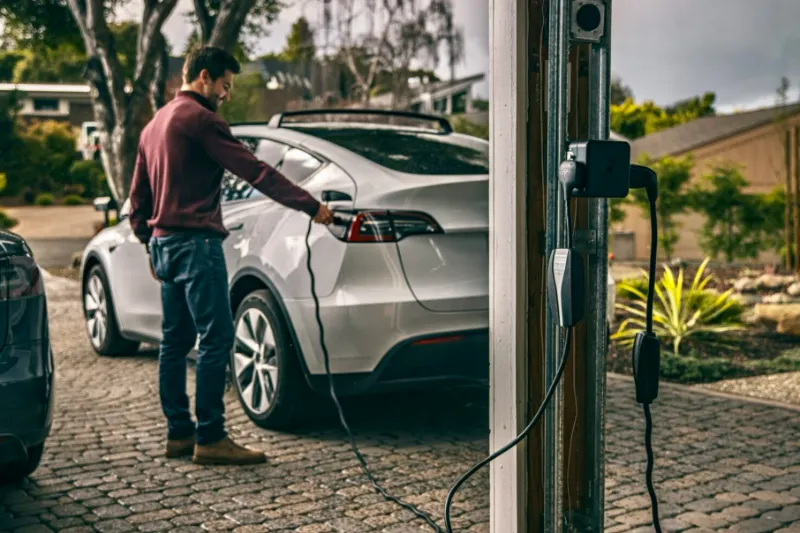
Ignoring Repair Costs
Because electric SUVs are still a relatively new product on the market, not all mechanics are familiar with their intricacies. Consider the manufacturer’s reputation for dependability and commitment to educate workers on electric vehicle repairs when choosing an electric SUV. Ascertain that you have access to qualified personnel who can handle any repairs or maintenance that your electric SUV may require.
Even though electric vehicles (EVs) have fewer moving parts than internal combustion engines (ICEs), maintaining or replacing equipment such as batteries, electric motors, or power electronics can be costly. In comparison to their ICE counterparts, electric SUVs frequently feature more complicated systems and specialized parts that can be more expensive. Consider future repair costs while preparing your budget for an electric SUV.
In electric SUVs, software systems that regulate several processes and improve performance are widely used. Nonetheless, as technology advances, software upgrades are required to repair bugs, improve speed, and provide new capabilities. To avoid complications or compatibility issues, make sure the electric SUV you purchase has a dependable software update system and that upgrades are simple to perform.

Not Investigating Charging Options
Charging stations play an important role in making electric vehicles feasible and accessible. This is a critical aspect that, if overlooked, can spoil your ownership experience. Electric vehicle owners frequently express concern about a shortage of easy charging stations. Before acquiring an electric SUV, you should investigate the availability of charging stations in your area. Consider the charging infrastructure in your area and how well it works with your vehicle. It is as simple as glancing at a map to see if there are appropriate charging options near your home, workplace, and other often visited sites.
It is advisable to think about the many charging options available. You may charge your automobile while sleeping at night, making it the most cost-effective and time-efficient alternative. Check to see if your home’s electrical system can support an electric vehicle charger, or save money for the necessary changes. The availability of public charging stations becomes even more significant while traveling for a lengthy amount of time or otherwise being away from home. Find out whether there are any public charging stations near your typical routes or preferred destinations.
Endnote
An electric SUV often costs more to purchase than an equivalent gasoline model. You may make a wise investment that suits your budget and long-term financial goals if you avoid typical mistakes. Before making any large purchases, get professional guidance.
